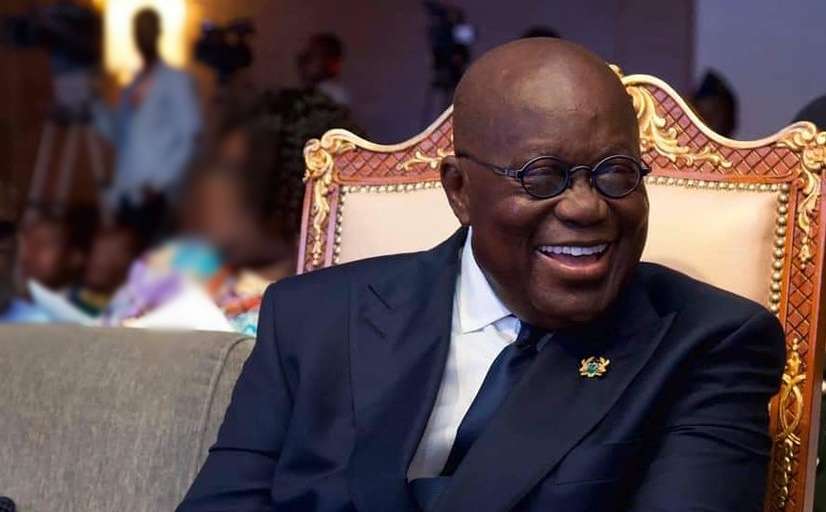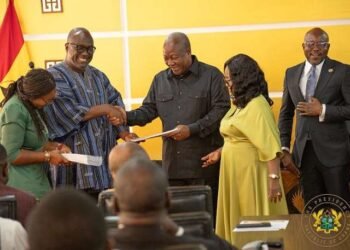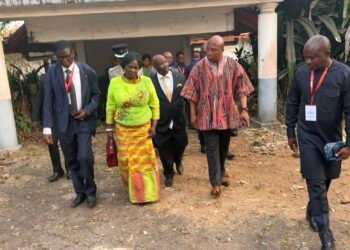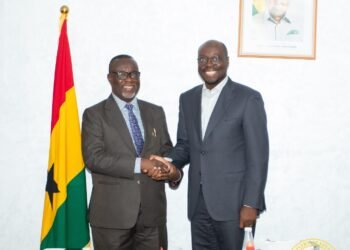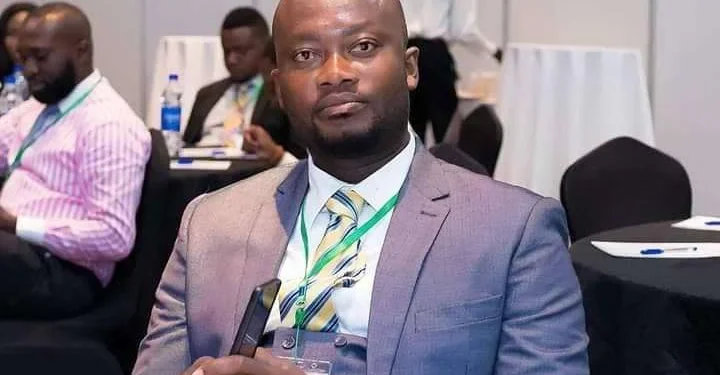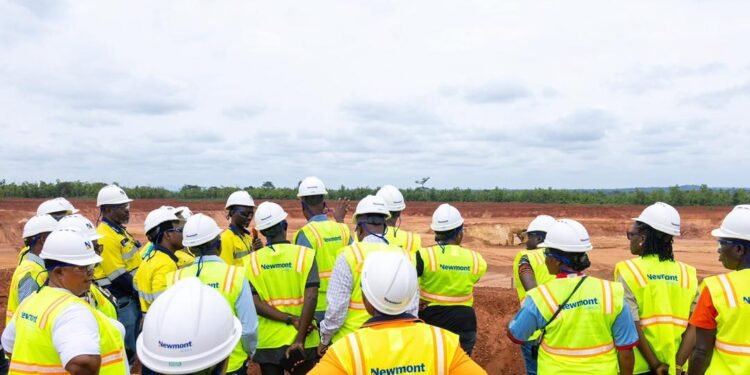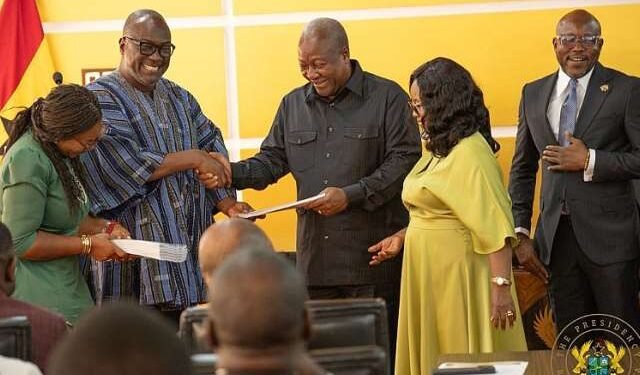As President Nana Addo Dankwa Akufo-Addo nears the end of his presidency, the term “lame duck” aptly characterizes his current political standing, as indicated by the Speaker of Parliament.
“Lame duck” is a term used to describe a political figure in its final period of office, after the election of a successor.
Concurrently, the Majority Leader, Osei Kyei-Mensah-Bonsu, has been described as “limping” by the Speaker of Parliament, Alban Bagbin.
This dual scenario poses challenges, but strategic approaches can be employed to encourage cooperation in parliament, as exemplified in the case of Nana Addo.
“I expect the Majority who have a limping Majority leader, limping because when you look at his back you’re less than those in front of you. You have a lame duck president, a lame duck because you have elected a flagbearer, and loyalty and commitment are shifting. So your president is now lame duck president.”
Alban Bagbin
Traditionally, a lame duck president faces a decline in influence and an imminent transition of power. Speaker Bagbin’s characterization of both the Majority Leader and President Nana Addo as “limping” and “lame duck” emphasizes the challenges within the ruling party.
However, this phase need not be synonymous with ineffectiveness.

During parliamentary proceedings, Speaker Bagbin highlighted the necessity for the Majority and Minority sides to build consensus, particularly regarding the approval of the 2024 budget.
“You need this side of the house to support you to finish your eight years. And so if you don’t behave well, we have difficulty in proceeding as a nation. Please, I expect you to cooperate; I will not allow them to bully you. You’ll get sufficient time to put across your case.”
Alban Bagbin
He expressed concerns that the Majority Leader had not been able to gather all members for the budget debate, emphasizing the importance of cooperation for the nation’s progress.
Opposition Ought To Speak The President’s Language
In this intricate political landscape, effective communication becomes paramount. Open and transparent dialogue fosters an atmosphere of cooperation. Parliamentarians, including those from opposition parties and within the ruling party, can utilize parliamentary forums to express concerns, propose legislation, and seek common ground. The collaborative spirit becomes crucial as the nation grapples with the challenges of a lame duck president.
Legacy building emerges as a powerful motivator for collaboration during a president’s last term. Recognizing that every leader is acutely aware of their legacy, parliamentarians can align proposed initiatives with the president’s vision for a lasting impact. This approach requires a nuanced understanding of the president’s priorities and an ability to frame legislative proposals that resonate with these goals.
In the face of political polarization, bipartisanship becomes a key strategy. The urgency for unity becomes more apparent during a president’s lame duck phase. Legislators, moreover, from both sides of the aisle can find common ground on issues transcending party lines, presenting a united front on critical matters. By focusing on shared values and national interests, parliamentary cooperation can thrive despite political differences.
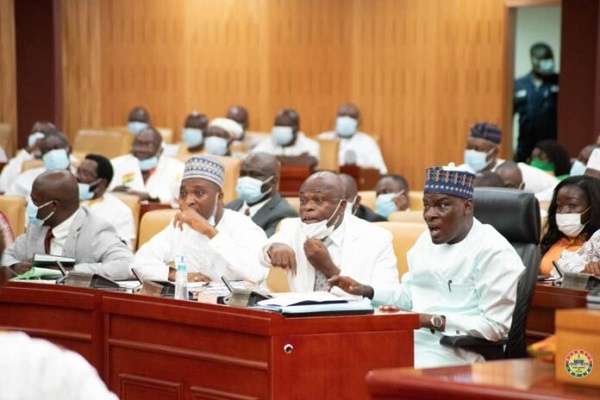
The role of parliamentary committees become increasingly vital as a president’s term progresses. These committees serve as the backbone of legislative processes, providing an opportunity for detailed scrutiny of policies and proposals. By empowering committees to conduct thorough reviews and engage in in-depth discussions, parliamentarians can significantly contribute to shaping the policy landscape, even in the final years of a presidency.
However, for the opposition party, NDC, which sees a clear opportunity to finish the kill to win political power, may make the situation an unsurmountable one. To smooth the bumpy road ahead, the minority must learn to speak the president’s language and drum home the President’s own vision.
In this final phase of President Nana Addo’s tenure, the opportunity for effective collaboration in parliament remains even in the narrow majority NPP-Independent Parliament.
Recognizing the dynamics of a lame duck presidency and adopting strategic approaches, legislators can contribute to meaningful policy outcomes and facilitate a smooth transition of power, navigating the challenges presented by both a “lame duck” president and a “limping” Majority Leader.
READ ALSO: Media Urged To Hold Live Debate For Presidential Aspirants On Key Issues

